Samantha is 11 she is reading a Rick Riordan book and when asked what the book is about she begins to tell the story starting at the page she has just finished reading. When asked to summarize the book she does not know where to begin. Unless the book is an exciting adventure book, Samantha can be a reluctant reader. She states that she loves to know what’s going to happen and will often read the end of the book first. Samantha’s teachers state that she reads above grade level. However, lately Samantha has been doing poorly on reading tests because she is unable to answer the multiple-choice questions about the books she has read. In sixth grade Samantha is struggling with reading to learn.
Reading is more than just decoding words, and I have been surprised to find both in my personal life and professional that there are some students who are identified as on or above reading level that, in fact, have poor reading comprehension. I have encountered many children who, after reading the words do not understand a word they have read. In one situation, a fast reader struggling in reading comprehension was told by teachers to read the book twice which only encouraged the behavior. They did as told and simply read the words fast twice, not relating to the words at all.
Good reading comprehension requires that you interact with the text by relating the words to yourself and the larger world. Active readers must ask themselves questions about what they are reading, define unfamiliar vocabulary, figure out word relationships, understand the time relationships represent by grammatical markers and so much more . Racing to the end to find out what is going to happen does not allow for this type of interaction. Without these skills children, when asked to reflect on what they have read, are unable to provide adequate details or even the main idea of the text.
The question I was left asking when I personally encountered this situation in my own family is what exactly does it mean when a school tells you your child is above grade level? If a test says a student is on grade level, but the teacher or parent knows that they are not reading sufficiently, how do you get services for that child in the public school system? My personal experience has been that as a parent you will have to go for outside help or work with the child yourself. Luckily for many of us reading regularly with our children you have a great opportunity every night. I’m sure you already know this stuff but in case you don’t here are a few suggestions.
-Ask questions (remember the old familiar wh? )
who what where when why how
-Define unfamiliar text using the meaning of the sentence.
-Help your child learn to predict what is going to happen.
– Read the title of the chapter and try to guess what is going to happen.
– Summarize what you have read on each page or even after each sentence.
– Help you child relate the situation in the book to situations they have been in.
If they don’t want to read with you. Read separately and discuss
Ask them to convey 3 questions that occurred to them while they were reading. ( it doesn’t matter if the questions can be answered)
Read ahead and tell them that there is something that happens that is not directly stated in the book and have them search for that information.
– Read regularly and show your child you enjoy it!
What I would like to see is a responsive system that doesn’t just identify children in need based solely on formal test measures. It would be ideal if school worked in partnership with parents to identify need and proceeded from there. That is what is supposed to happen, but if you have ever had your child qualified as above average then you know that it is difficult to get their special needs met. We all have differences that need to be addressed at some time or

